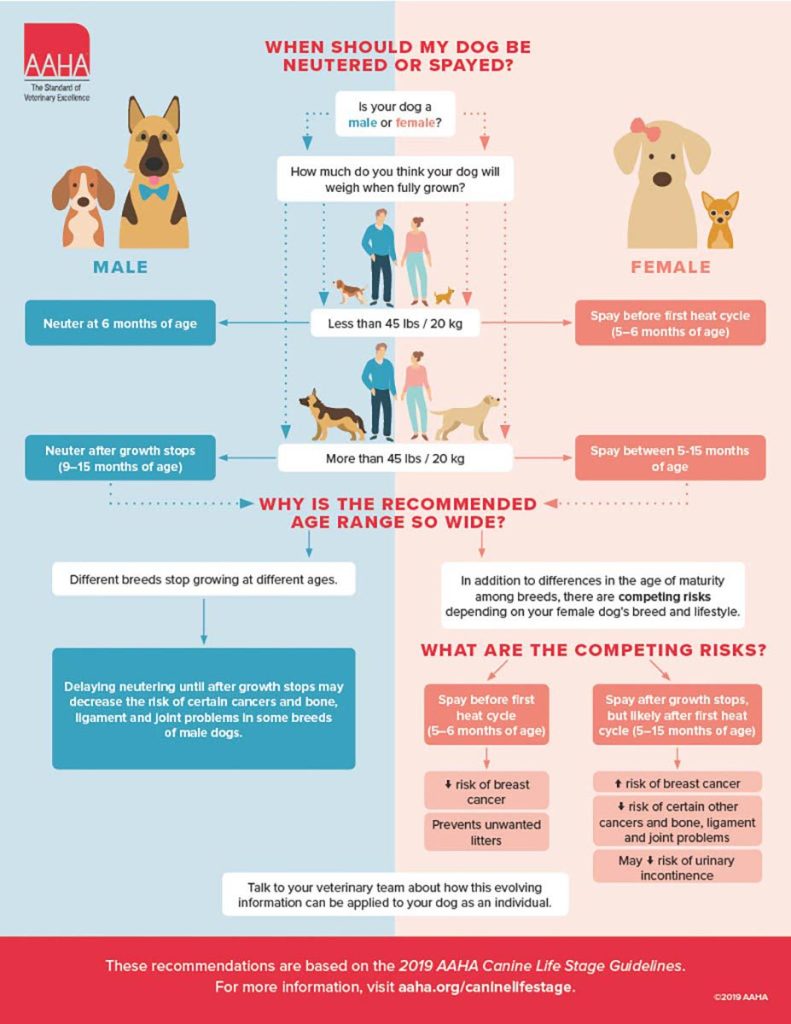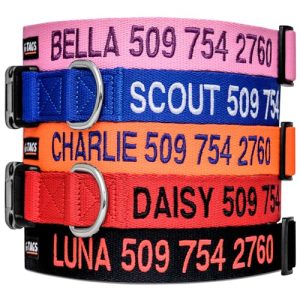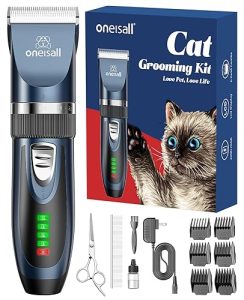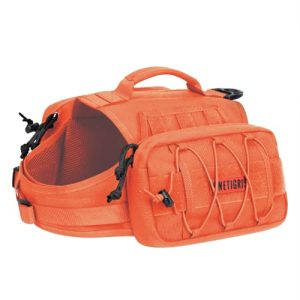If you’ve recently had your dog neutered or are thinking about it, you’re probably wondering how this will affect your furry friend’s behavior. You might ask yourself, “Will my dog become calmer?
More aggressive? Or maybe even less playful? ” Understanding what changes to expect can help you prepare and care for your dog better during this important time. Keep reading, because knowing what happens after neutering will make you feel more confident and help your dog adjust smoothly to this new chapter.
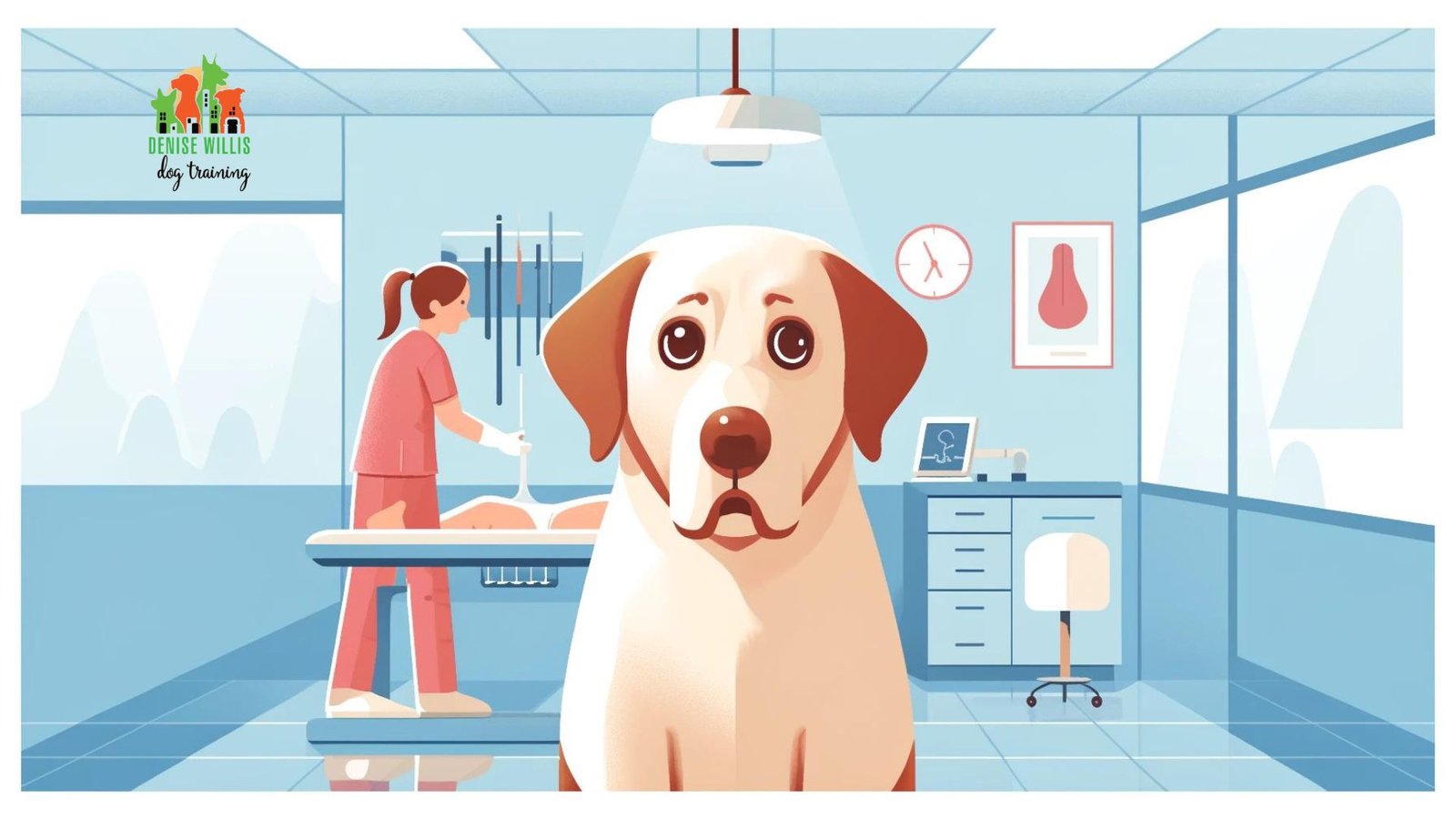
Credit: www.dwdogtraining.com
Behavior Changes After Neutering
Neutering can change how dogs behave. These changes happen as their hormones adjust.
Owners often want to know what to expect after this surgery. Understanding common shifts helps prepare for new habits.
Typical Behavioral Shifts
Most dogs show some change in behavior after neutering. These changes vary by dog but often include lower aggression and less roaming.
- Less interest in mating
- Calmer temperament
- Reduced marking inside and outside
- Lower energy in some cases
Aggression And Dominance
Neutering usually lowers aggressive behavior. Dogs may become less dominant around other dogs and people. This is due to reduced testosterone levels.
Not all aggression disappears, but many dogs show calmer reactions to triggers like strangers or other dogs.
Activity And Energy Levels
Energy levels often drop after neutering. Some dogs become more relaxed and less hyperactive. Exercise needs might decrease slightly.
| Behavior | Before Neutering | After Neutering |
| Energy Level | High | Moderate to Low |
| Playfulness | Very Active | Calmer |
| Rest Time | Less | More |
Marking And Roaming Tendencies
Neutered dogs usually mark less with urine. This reduces territory marking indoors and outdoors. Roaming to find mates also drops sharply.
Here are common changes in marking and roaming:
- Less urine marking inside the house
- Lower chance of escaping to roam
- More time spent near home
- Reduced scent marking on walks
Physical And Emotional Recovery
Neutering affects a dog’s body and feelings. After surgery, dogs need time to heal and adjust.
Understanding their physical and emotional changes helps owners support their pets better.
Post-surgery Care Tips
Keep your dog calm and quiet after surgery. Limit running, jumping, and playing for a few weeks.
Check the incision daily for swelling, redness, or discharge. Keep it clean and dry at all times.
- Use an Elizabethan collar to stop licking or biting
- Feed light meals for the first day after surgery
- Give fresh water and encourage rest
Managing Discomfort And Pain
Dogs may feel sore or tired after neutering. Pain can last a few days but should lessen daily.
Give pain medicine only if the vet prescribes it. Watch for signs of pain like whining or limping.
- Keep your dog in a quiet, comfortable spot
- Offer gentle petting to calm your dog
- Do not use human painkillers without vet advice
Signs Of Normal Healing
Normal healing includes mild swelling and slight redness near the incision. Your dog may be less active.
Appetite may drop for a day or two. The incision should close and dry within a week.
- Scab forms over the incision site
- Minimal licking with collar use
- Energy slowly returns after a few days
When To Consult A Vet
Contact your vet if the incision swells, bleeds, or has bad smell. Extreme pain needs vet care.
Also seek help if your dog stops eating, vomits, or acts very weak. Prompt care avoids problems.
- Excessive redness or pus at the surgery site
- Continuous bleeding or swelling
- Severe pain or inability to move
- High fever or repeated vomiting
Training Adjustments Post-neuter
Neutering can change a dog’s behavior. These changes affect training approaches. Adjusting training helps dogs learn better after surgery.
Patience and consistency are important. Focus on reinforcing good habits and managing any new challenges.
Reinforcing Commands
After neutering, dogs may feel less motivated. Repeat basic commands often to keep them sharp. Use clear, calm tones to guide your dog.
Keep training sessions short but frequent. This keeps your dog focused without tiring them out.
Encouraging Positive Behavior
Reward your dog for good behavior with treats or praise. Positive reinforcement helps build trust and encourages learning.
Ignore unwanted behavior instead of punishing. This reduces stress and helps your dog focus on what you want.
Dealing With Anxiety Or Fear
Neutering can cause some dogs to feel anxious or scared. Watch for signs like shaking or hiding. Stay calm and offer comfort.
Use gentle, slow movements and soft voices. Give your dog space but stay nearby to help them feel safe.
- Provide a quiet resting area
- Use calming treats or toys
- Keep a regular routine
- Avoid loud noises and busy places
Socialization Strategies
Neutered dogs may change their social habits. Introduce new dogs slowly and watch their reactions. Keep meetings short at first.
Use positive rewards during social times. Help your dog feel comfortable and confident around others.
- Start with calm, friendly dogs
- Keep dogs on leashes initially
- Allow sniffing and gentle play
- Separate if signs of stress appear
Diet And Exercise Considerations
Neutering can change your dog’s energy needs. It’s important to adjust their diet and exercise.
Understanding these changes helps maintain your dog’s health. Here are key points to consider.
Calorie Needs After Neutering
After neutering, dogs may need fewer calories. This is because their metabolism slows down.
| Dog Size | Calories Needed |
| Small | 300-400 |
| Medium | 500-800 |
| Large | 900-1500 |
Preventing Weight Gain
Preventing weight gain is important for your dog’s health. Use portion control to help manage their weight.
- Measure food portions accurately.
- Limit treats and table scraps.
- Choose low-calorie treats.
Safe Exercise Routines
Exercise keeps your dog healthy and happy. Safe routines are key to prevent injury.
Consider activities like walking or light jogging. Avoid high-impact exercises.
Monitoring Activity Levels
Keep track of your dog’s activity levels. This helps ensure they get enough exercise without overdoing it.
- Use a pedometer or activity tracker.
- Adjust exercise based on your dog’s energy levels.
- Consult your vet for personalized advice.
Long-term Behavioral Benefits
Neutering a dog offers many benefits beyond health. It can change behavior in ways that improve life for dogs and owners. These changes often last for years.
Understanding these benefits helps owners make good decisions for their pets. Below are key behavioral improvements seen after neutering.
Reduced Aggression Risks
Neutered dogs tend to show less aggressive behavior. This includes less fighting with other dogs and less territorial aggression. Lower aggression means safer interactions with people and pets.
Lowered Urge To Roam
Intact male dogs often roam to find mates. Neutering reduces this urge. Dogs stay closer to home, which lowers the risk of accidents and getting lost.
- Less chance of running away
- Reduced risk of car accidents
- Better safety in the neighborhood
Improved Focus And Training
After neutering, many dogs show better attention during training. They are less distracted by mating instincts. This helps them learn commands and good behaviors more quickly.
Health Advantages
| Health Benefit | Behavioral Effect |
|---|---|
| Lower risk of testicular cancer | Reduces pain and discomfort-related irritability |
| Decreased hormone levels | Less aggressive and territorial behavior |
| Reduced chance of prostate issues | Improved overall comfort and mood |
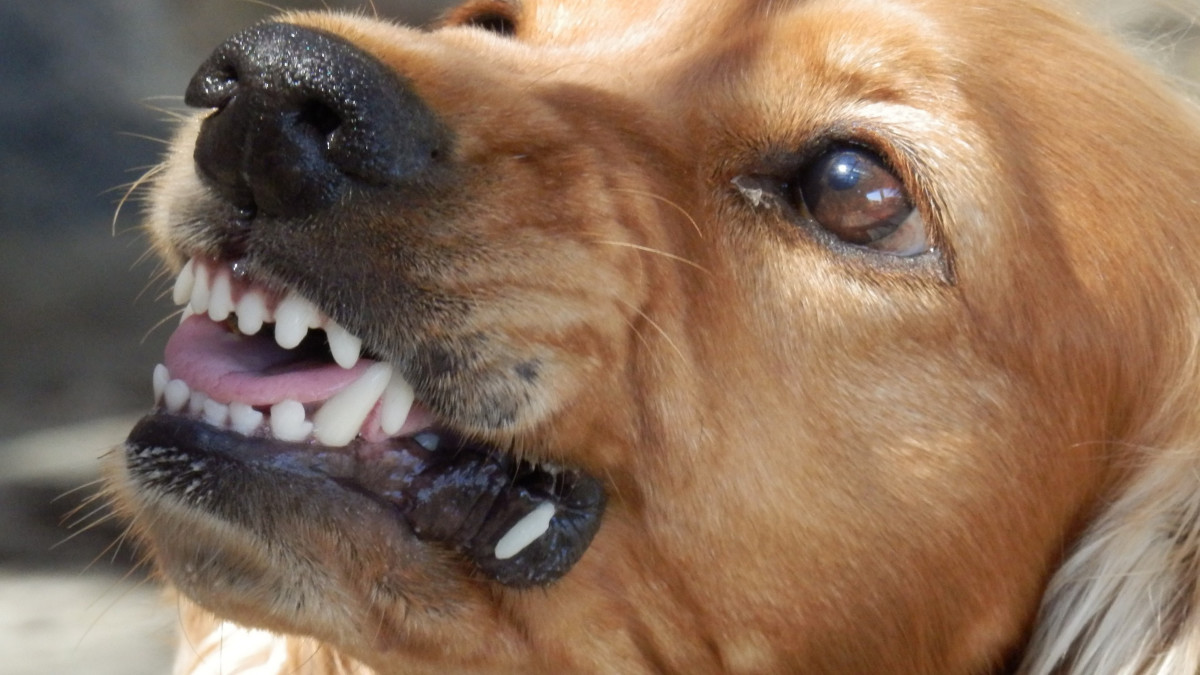
Credit: pethelpful.com

Credit: www.dwdogtraining.com
Frequently Asked Questions
How Does Neutering Affect Dog Behavior Long-term?
Neutering often reduces aggression and territorial marking in male dogs. It can also decrease roaming and dominance behaviors. However, some traits may remain unchanged. Overall, neutering promotes calmer, more sociable behavior in most dogs over time.
When Do Behavior Changes Appear After Neutering?
Behavior changes typically begin within a few weeks after surgery. Hormonal shifts reduce certain instincts gradually. Full behavioral adjustment can take several months depending on the dog’s age and personality.
Can Neutering Reduce Aggression In Dogs?
Yes, neutering often lowers aggression linked to testosterone. It helps lessen dominance and territorial disputes. However, training and socialization remain crucial for managing aggressive tendencies effectively.
Will Neutering Make My Dog Lazy Or Overweight?
Neutering can reduce metabolism and activity levels slightly. Without proper diet and exercise, weight gain is possible. Maintaining a balanced routine prevents laziness and obesity after neutering.
Conclusion
Neutering can change your dog’s behavior in many ways. Some dogs become calmer and less aggressive. Others may show less interest in marking or roaming. These changes help dogs fit better into family life. Remember, each dog reacts in its own way.
Patience and care help your dog adjust well. Watch for signs of discomfort or unusual behavior. Talk to your vet if you have concerns. Understanding these changes makes the process easier for you and your pet.

Emily Barker is the founder of ChillDogLife.com, a space dedicated to helping pup parents discover the best dog products, lifestyle tips, and cozy ideas for happier homes.
A lifelong dog lover, Emily combines her passion for pets with a knack for research to share trusted recommendations on everything from toys and furniture to health and everyday care.
Her goal is simple: to make life easier, stylish, and more joyful for dogs and the people who love them.
